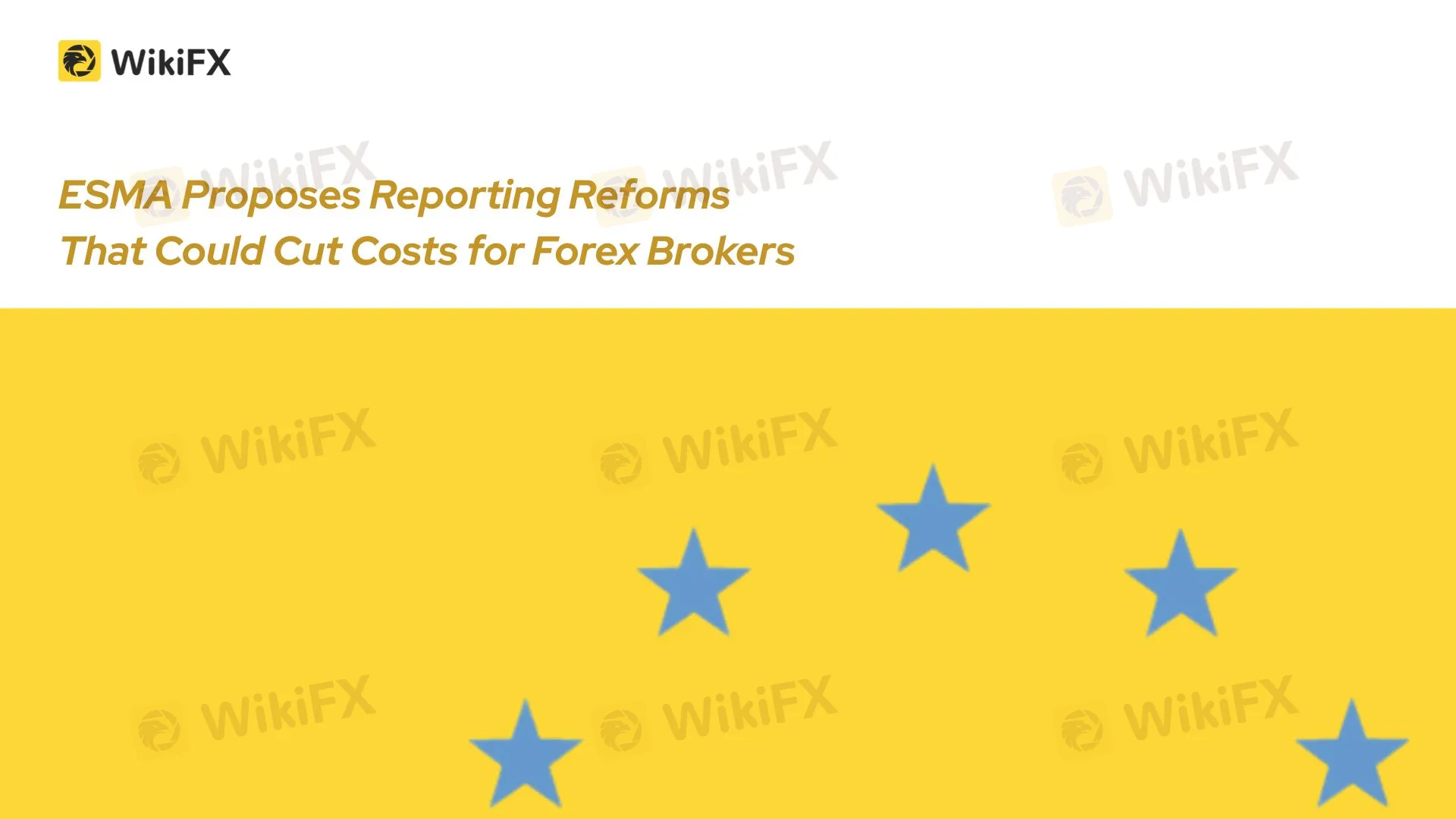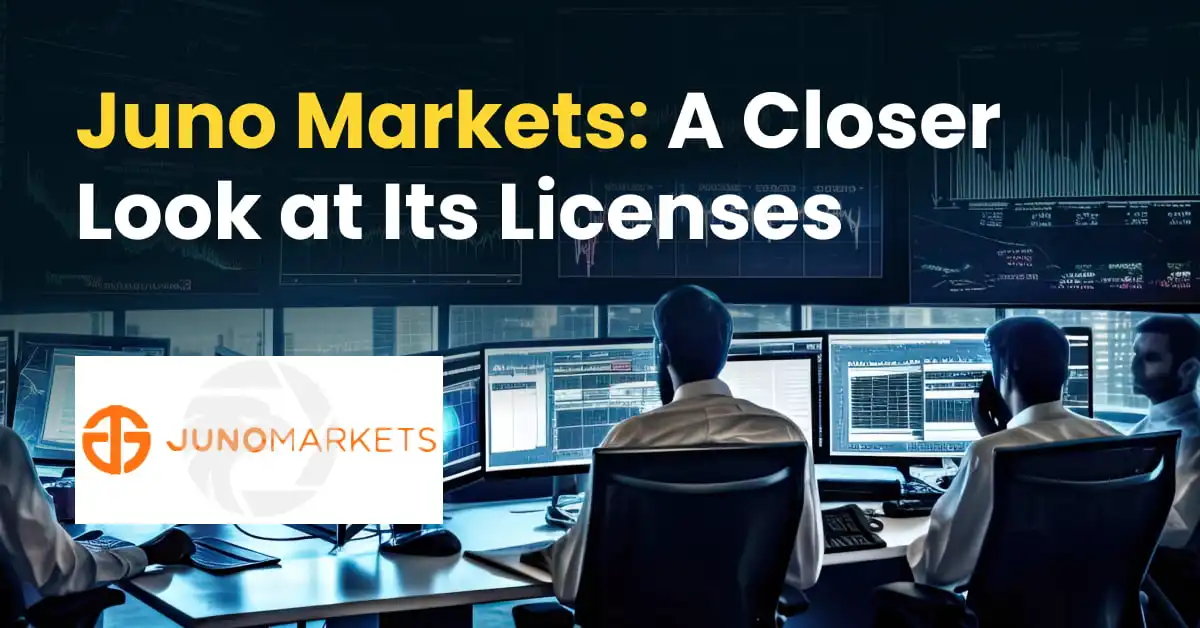简体中文
繁體中文
English
Pусский
日本語
ภาษาไทย
Tiếng Việt
Bahasa Indonesia
Español
हिन्दी
Filippiiniläinen
Français
Deutsch
Português
Türkçe
한국어
العربية
ESMA Proposes Reporting Reforms That Could Cut Costs for Forex Brokers
Abstract:ESMA is consulting on a unified reporting framework that would allow forex brokers to file financial transaction data through a single system, streamlining compliance and lowering operational burdens.

The European Securities and Markets Authority (ESMA) is exploring major reforms to reduce the cost of financial reporting across the EU. In a newly launched consultation, ESMA seeks feedback on how to simplify overlapping obligations under MiFIR, EMIR, and SFTR—three core EU reporting frameworks that often require firms to file the same data multiple times.
Forex brokers, especially those involved in derivatives like FX swaps and CFDs, are among the firms most affected. Currently, a single trade might need to be reported to multiple databases for different regulatory purposes: transparency under MiFIR, risk control under EMIR, and financing activities under SFTR. ESMA estimates that up to one-third of EMIR-reported trades are also covered under MiFIR, resulting in industry-wide compliance costs of up to €4 billion annually. Smaller brokers face particularly heavy burdens, as reporting costs may outweigh their operational scale.
To address the issue, ESMA has proposed two key solutions. The first is to split reporting obligations based on either the instrument type or the event type—ensuring each transaction is only reported once under the most relevant framework. The second is a more ambitious “report once” model, where firms would submit standardized data through a single channel to meet the requirements of all three regimes. Both proposals also explore removing dual-sided reporting to further ease compliance.
ESMA has opened the floor for industry feedback and is encouraging forex brokers to share cost data and practical concerns. Topics include how to ease the transition, especially for smaller firms, and whether unified reporting could improve accuracy and efficiency.
The consultation runs until 19 September 2025. A final report is expected in early 2026, potentially paving the way for long-term regulatory streamlining in the EUs financial markets. For brokers, these reforms may offer much-needed relief from costly duplication—without compromising market oversight.
Disclaimer:
The views in this article only represent the author's personal views, and do not constitute investment advice on this platform. This platform does not guarantee the accuracy, completeness and timeliness of the information in the article, and will not be liable for any loss caused by the use of or reliance on the information in the article.
Read more

Malaysian Finfluencers Could Face RM10 Million Fine or 10 Years in Prison!
A new regulatory measure by the Securities Commission Malaysia (SC) is set to change the country’s online trading and financial influencer landscape. Starting 1 November 2025, any trader or influencer caught promoting an unlicensed broker could face a fine of up to RM10 million, a prison sentence of up to 10 years, or both.

Juno Markets: A Closer Look at Its Licenses
When selecting a broker, understanding its regulatory standing is an important part of assessing overall reliability. For traders seeking to protect their capital, ensuring that a platform operates under recognised and stringent oversight can make all the difference. Keep reading to learn more about Juno Markets and its licenses.

Complaints Against Weltrade | Traders Can’t Get Their Money Back
Opening a trading account and watching your capital grow can feel exciting and full of promise until the moment you realise you cannot get your money back. That’s when the dream turns into a nightmare. Recent complaints submitted to WikiFX reveal an unsettling pattern seen at Weltrade where deposits vanish, withdrawals stall for days or even months, and support channels lead nowhere.

WikiFX Community Event Series, “Thailand Elites’ View”
WikiFX launched the “Thailand Elites’ View” event in its official community, featuring heavyweight guests from the Elites Club who shared their insights on the current state of Thailand’s forex market, compliance trends, and the building of investor confidence.
WikiFX Broker
Latest News
What Is Indices in Forex? A Beginner’s Guide to Trading Forex Indices
How to Use Retracement in Trading
CySEC warns the public against 17 investment websites
Robinhood Moves Toward MENA Expansion with Dubai DFSA License Application
FBI Issues Urgent Warning on Crypto Recovery Scams
What Is Forex Trading Fee? A Beginner’s Guide
Understanding UAE’s Financial Market Regulation: SCA and DFSA
Scam Alert: Know the Risky Side of InstaForex in India
Going to Invest in FXCL? Move Back to Avoid Scams & Losses
IBKR Lite Singapore Debuts with Zero-Commission US Stock Trading
Currency Calculator


